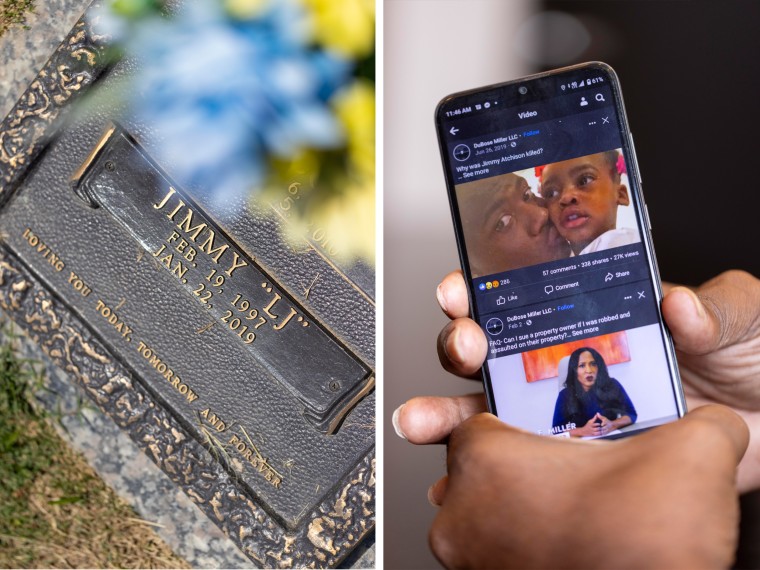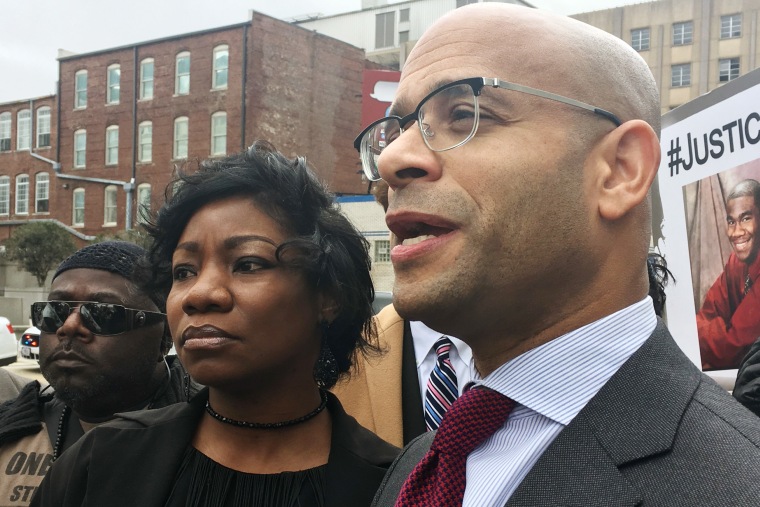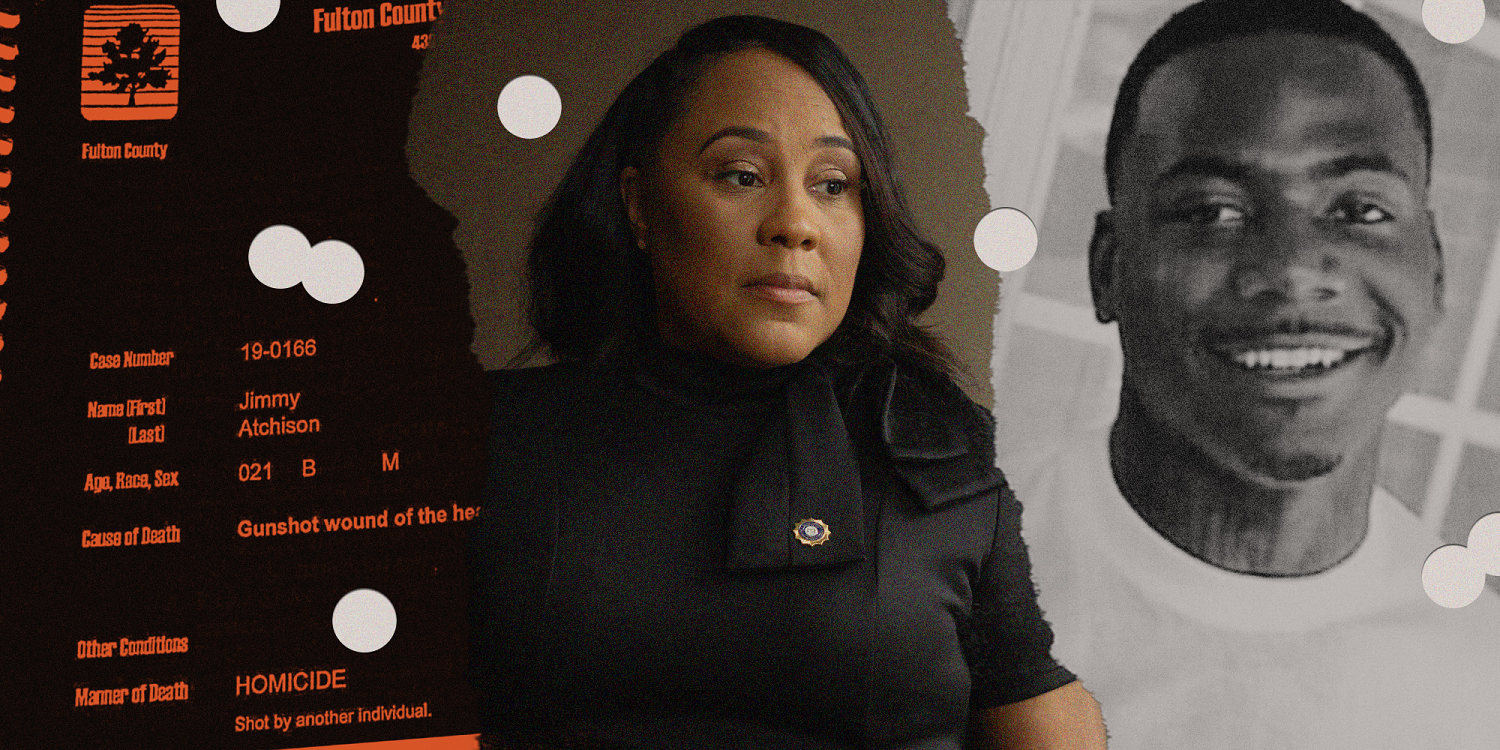‘They look after their own’
The issue extends beyond legal precedents. Current and former prosecutors who have tried to prosecute federal officers say they are outmatched by the sheer number of lawyers the Justice Department can muster.
“There were 10 lawyers on their side against just me,” recalled Denise Woodbury, a former Idaho prosecutor who charged an FBI sniper with involuntary manslaughter after he mistakenly shot and killed a suspect’s wife during a standoff in Ruby Ridge in 1992. The case became infamous among far-right militia members.
A federal judge, citing the Supremacy Clause, ruled that the FBI agent was immune from state prosecution. “They look after their own, rather than look for justice,” Woodbury said.
A federal appeals court later ruled that the state could reopen the case, but Woodbury’s successor declined to do so.
In 2014, the district attorney’s office in Austin, Texas, charged an FBI task force officer named Charles Kleinert with manslaughter. Kleinert was at a bank investigating a robbery in 2013 when Larry Jackson approached employees, gave a false identity and asked to withdraw cash.
Kleinert began to question Jackson, who ran away. When he caught up to Jackson, a physical struggle ended with Kleinert shooting Jackson in the neck. Kleinert says he fired his weapon accidentally.
The local district attorney charged Kleinert, an Austin police detective who was a deputized member of a FBI federal task force at the time, with murder. U.S. District Judge Lee Yeakel, citing the Supremacy Clause, dismissed the charges. The district attorney’s office appealed the case up to the Supreme Court, which declined to hear it.
Yeakel, now an attorney in private practice, told NBC News that by declining to take the Kleinert case, the Supreme Court has yet to answer whether Supremacy Clause protections apply to local police officers on federal task forces.
“They could leave Neagle in place but say the protections afforded are for a purely federal officer performing purely federal officer duties,” Yeakel said. “They can restrict the Supremacy Clause immunity.”
More recently, a federal judge stopped prosecutors in Virginia from pursuing a state involuntary manslaughter case in 2021 against two officers with the U.S. Park Police. The officers chased a car whose driver fled a nonfatal hit-and-run. The chase ended with officers shooting and killing the motorist.
Steve Descano, the local prosecutor, said he tried to prosecute the Park Police officers despite warnings from the Justice Department that his effort would prove fruitless.
“The Department of Justice would not allow FBI agents and the investigators in their case to be part of our case,” Descano said. “It was basically a dead letter to us.”
NBC News found that federal prosecutors failed to charge any federal agents or task force officers for shootings that occurred from 2018 to 2022. Local prosecutors, during the same period, charged 79 state and local officers with murder or manslaughter after on-duty shootings, according to Philip Stinson, a criminal justice professor at Bowling Green State University who tracks nonfederal officers charged with crimes.

Former federal prosecutors said state prosecutors handle murder or manslaughter cases, unless there are connections to a federal crime, such as the murder of a federal officer.
“You can’t just say: ‘I hate that this agent assaulted or killed somebody. So I’m going to open a federal case,’” said Joyce Vance, an NBC News legal analyst who was the U.S. attorney for Northern Alabama during the Obama administration. “That’s not how it works.”
‘I am trying to get this global’
Now that former officer Sung Kim’s murder case has been moved to federal court, past decisions suggest it will be dismissed. The murder case Fulton County prosecutors filed against officers who killed Jamarion Robinson is still alive, but similarly endangered.
The case is believed to be the first in which an agent with the U.S. Marshals has been charged for a fatal on-duty shooting. Eric Heinze, an assistant chief inspector and a high-ranking officer with the U.S. Marshals, remains on the job. A federal judge moved the case to federal court, where the judge has yet to rule on whether the officers can be prosecuted.
Monteria Robinson, Jamarion’s mother, remains hopeful the federal judge will let the case go forward.

“The law enforcement officers that killed my son must be convicted, sentenced and sent to prison to serve their time just like any other citizen in this country who commits murder,” she said.
Lance LoRusso, an attorney for Heinze, argued that officers on federal task forces have a constitutional right to have local charges filed against them moved to federal court.
“It’s not any harder to prosecute federal officers. You just have to do it in federal court,” LoRusso said. “It’s a basic concept of federalism.”
Willis said that, after her office indicted members of the U.S. Marshals task force, the federal agency rolled back its fugitive investigations in the Atlanta area. “I think it’s shameful,” Willis said. “I take it as a situation that could make citizens less safe.”
Court filings by Willis’ office say the U.S. Marshals task force didn’t have the authority to arrest Robinson on state crimes. The U.S Marshals consider those legal filings substantiation of an unwillingness to acknowledge their legal authority to execute state warrants, federal officials say. As a result, they say, marshals now fear that local prosecutors will charge them for simply helping local police do their jobs.
Drew Wade, a spokesman for the U.S. Marshals, said the agency’s “fugitive investigations are based on our statutory mission to safely bring offenders to justice under the law.”
In Atchison’s case, Kim’s lawyer argues that he shouldn’t face murder charges because he is protected by both the Supremacy Clause and the state self-defense law. A trial date for Kim hasn’t been set.
Source: | This article originally belongs to Nbcnews.com










